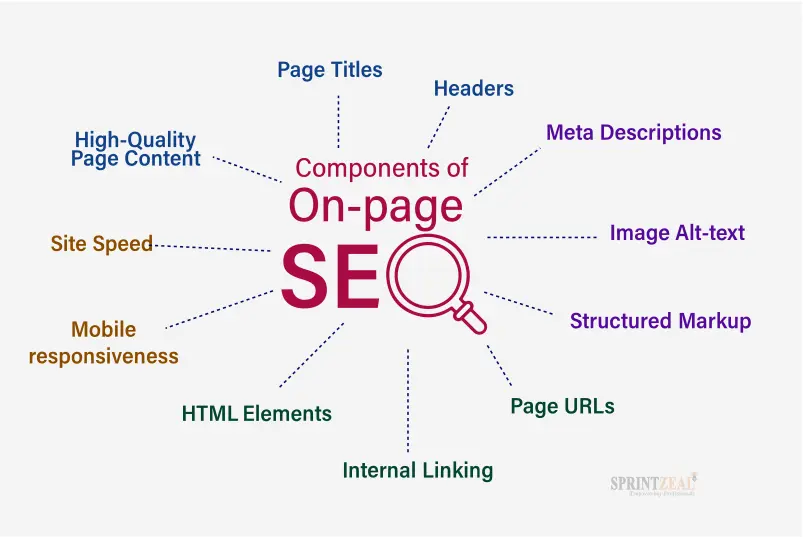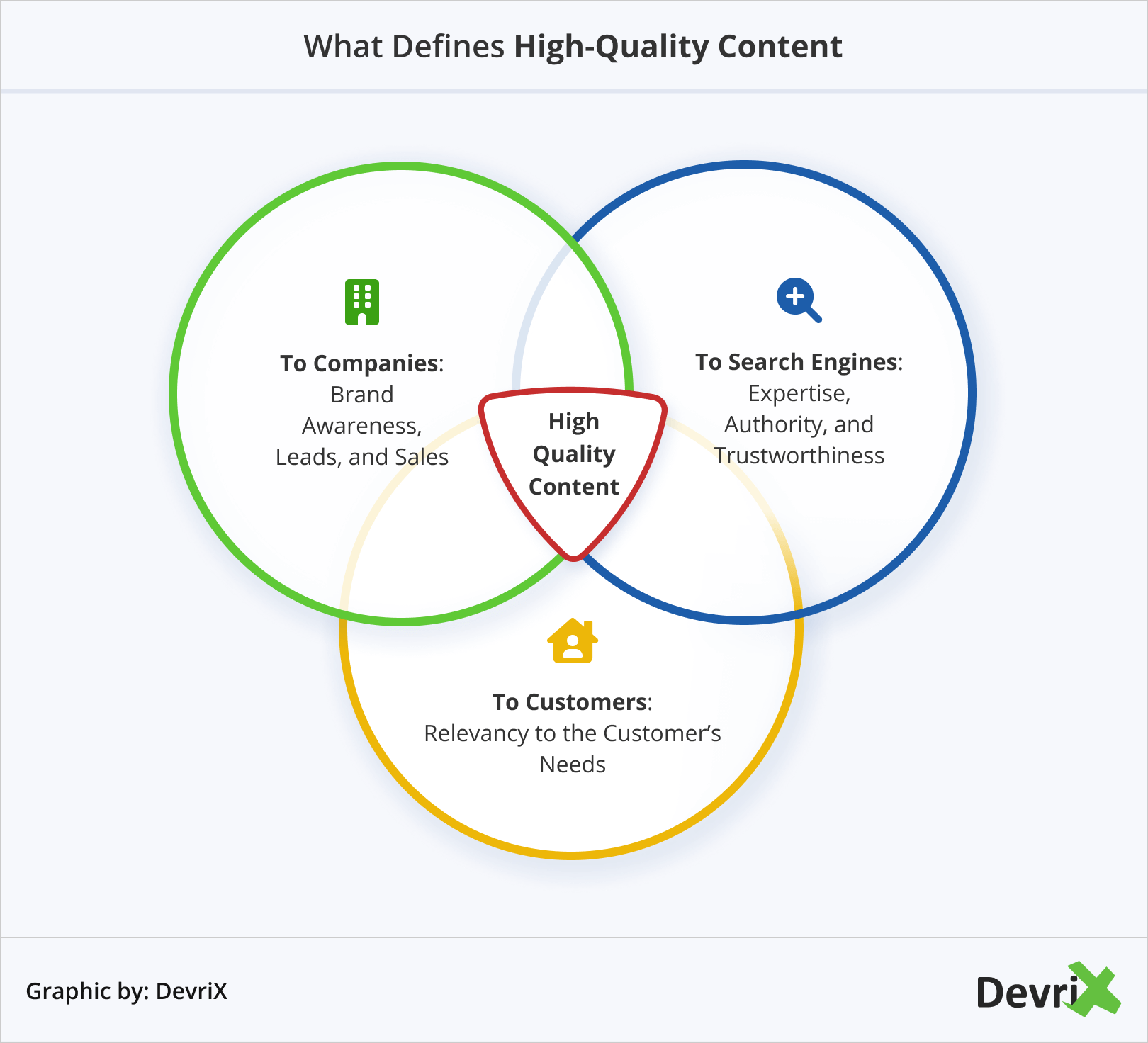How to Rank Your Website on Google – WordPress SEO


When it comes to building an online presence, ranking your website on Google is crucial. With millions of websites competing for attention, it’s essential to optimize your WordPress site for search engines. In this article, we will explore effective strategies and techniques to improve your website’s visibility and increase organic traffic. By implementing these WordPress SEO practices, you can climb the search engine rankings and attract more visitors to your site.
SEO for Beginners: Rank #1 In Google
Understanding the Importance of SEO
Search Engine Optimization (SEO) is the process of optimizing your website to improve its visibility on search engine result pages (SERPs). When your website ranks higher on Google, it becomes more likely to attract organic traffic, which can lead to increased conversions and revenue.
According to a study by Backlinko, the first result on Google’s SERPs receives an average click-through rate (CTR) of 31.7%. In contrast, the tenth result only receives a CTR of 2.2%. This highlights the importance of ranking higher on search engine result pages.
Choosing the Right Keywords


Keywords are the foundation of any successful SEO strategy. By targeting the right keywords, you can attract relevant traffic to your website. Start by conducting keyword research to identify the terms and phrases your target audience is searching for.
Tools like Google Keyword Planner, SEMrush, and Moz Keyword Explorer can help you find relevant keywords with high search volumes and low competition. Aim for a mix of short-tail and long-tail keywords to optimize your content for both broad and specific search queries.
Example:
Let’s say you have a WordPress blog about healthy recipes. Instead of targeting a highly competitive keyword like “healthy recipes,” you could focus on long-tail keywords like “easy vegetarian dinner recipes” or “gluten-free dessert recipes.” These keywords are more specific and have a higher chance of ranking higher on SERPs.
Optimizing On-Page Elements


On-page optimization involves optimizing various elements on your website to improve its visibility on search engines. Here are some key on-page elements you should focus on:
1. Title Tags
The title tag is an HTML element that defines the title of a web page. It appears as the clickable headline on search engine result pages. Make sure to include your target keyword in the title tag and keep it under 60 characters to ensure it is fully displayed on SERPs.
2. Meta Descriptions
Meta descriptions provide a brief summary of a web page’s content. While they don’t directly impact search engine rankings, they play a crucial role in attracting users to click on your website. Craft compelling meta descriptions that include your target keyword and entice users to visit your site.
3. URL Structure
Ensure your URLs are descriptive and include your target keyword. A clean and organized URL structure not only helps search engines understand your content but also improves user experience.
4. Heading Tags
Use heading tags (H1, H2, H3, etc.) to structure your content and make it easier for search engines to understand the hierarchy of your information. Include your target keyword in at least one heading tag to signal its importance.
5. Image Optimization
Optimize your images by compressing them to reduce file size and adding descriptive alt text. This helps search engines understand the content of your images and improves accessibility for visually impaired users.
Creating High-Quality Content


Content is king in the world of SEO. Creating high-quality, informative, and engaging content is crucial for ranking your website on Google. Here are some tips to create content that resonates with both users and search engines:
1. Keyword Optimization
Include your target keyword naturally throughout your content, including in the title, headings, and body. However, avoid keyword stuffing, as it can negatively impact your rankings.
2. Long-Form Content
According to a study by SerpIQ, longer content tends to rank higher on Google. Aim for comprehensive, in-depth articles that provide value to your readers. However, prioritize quality over quantity.
3. Readability and Formatting
Make your content easy to read by using short paragraphs, bullet points, and subheadings. Use a clear and concise writing style that appeals to your target audience.
4. Internal and External Linking
Include relevant internal links to other pages on your website to improve navigation and help search engines discover and index your content. Additionally, link to authoritative external sources to provide additional value to your readers.
Optimizing Website Performance


Website performance plays a crucial role in SEO. A slow-loading website can negatively impact user experience and search engine rankings. Here are some tips to optimize your WordPress site’s performance:
1. Choose a Fast and Reliable Hosting Provider
Invest in a reputable hosting provider that offers fast servers and reliable uptime. A slow server can significantly impact your website’s loading speed.
2. Use a Lightweight WordPress Theme
Avoid using bloated themes with excessive features and plugins. Opt for lightweight themes that prioritize speed and performance.
3. Optimize Images
Compress your images to reduce file size without compromising quality. Use plugins like Smush or EWWW Image Optimizer to automate the image optimization process.
4. Enable Caching
Implement caching mechanisms like browser caching and server-side caching to reduce the load on your server and improve page load times.
Building High-Quality Backlinks


Backlinks are links from other websites that point to your site. They are a crucial ranking factor for search engines, as they indicate the credibility and authority of your website. Here are some strategies to build high-quality backlinks:
1. Guest Blogging
Write informative and valuable guest posts for reputable websites in your industry. Include a link back to your website in the author bio or within the content itself.
2. Broken Link Building
Find broken links on authoritative websites and reach out to the webmasters, suggesting your content as a replacement. This strategy provides value to the website owner and helps you earn a backlink.
3. Influencer Outreach
Connect with influencers and industry experts in your niche. Collaborate on content or ask for their opinion on a topic, and they may link back to your website in their content or social media posts.


FAQ
Q: What are the key steps to rank a website on Google using WordPress?
A: Key steps include optimizing on-page SEO, using SEO plugins, researching keywords, and ensuring fast page loading speeds.
Q: How does keyword optimization help in WordPress SEO?
A: Keywords help Google understand your content, making it easier for search engines to rank your site for relevant queries.
Q: Are plugins essential for WordPress SEO?
A: SEO plugins like Yoast or All in One SEO simplify optimization by offering tools for meta descriptions, sitemaps, and more.
Q: Does site speed impact Google rankings?
A: Yes, faster loading times improve user experience, and Google favors sites that load quickly.
Q: What role does link building play in ranking a WordPress site?
A: Building quality backlinks increases authority, helping improve visibility and ranking on search engine results pages (SERPs).
Read More
- How to Use Member Count Bot on Discord
- What is the Difference Between AI and Generative AI?
- What is the first step to start SEO?
- How to Disable AI on Your Phone
- How to Invest in AI’s Next Phase: A Comprehensive Guide
- What is Gen AI in layman’s terms?
- How to Use AI Bot on Discord Introduction
- How to Request to Go Live on TikTok
- How to Use Probot for Music
- How to Invite Dyno Bot to Discord
- What Does the Green Dot on Snapchat Profiles Mean?
- What is the Difference Between GPT and Claude?
- How to Invite Probot in Discord
- What is the Best Way to Use Claude AI?
- AI Content Generators : Are They the Future of SEO?
- How to Command Probot to Play Music
- The Definitive Guide to AI Productivity Tools: Boost Efficiency and Drive Results
- How to Find a Missing App Icon on Your iPhone
- How Perplexity AI Differs from ChatGPT
- How to Remove Language and Store Name from SEO URLs in WebSphere Commerce 7
- What is the Difference Between On-Page SEO and Off-Page SEO? Interview Questions Explained
Free Ai Tools
- How do I convert a PNG file to BMP?
- WEBP to JPEG – Convert image for free
- Website Speed Checker Tool
- RankVortex – Implies pulling traffic and SEO rankings toward you.
- SEO Word Counter with Character Count
- Trending YouTube Hashtags Generator
- Free Stopwatch and Online Timer Countdown
- Age Calculator Tool
- Password Generator Tool
- Qr Code Generator Free
- AI Story Generator Tool
- Blog Title Generator Tool [FREE]
Medihertz free AI Tools
- Love Percentage Checker Tool – Check For Free!
- Soulmates Initial Finder
- Hz Frequency Generator- Free Online Tone Generator
- Mental Health Check In Tool [ FREE TEST ]
- Best Free Phone Photos Download
- Image Converter (Online & Free)
- AgriAcre: Land measurement tool- Measure the World